In Your Dreams: Your Exhaustive Guide To Sleep
During the wee hours of the night, your body does its best work, restoring your hormonal, endocrine and nervous systems, and preparing for the day to come. Meanwhile, just one night of poor sleep can have a detrimental effect on our decision-making abilities. So, if our physical wellbeing and cognitive function rely on it, why then, do so many of us struggle to go the f*ck to sleep?
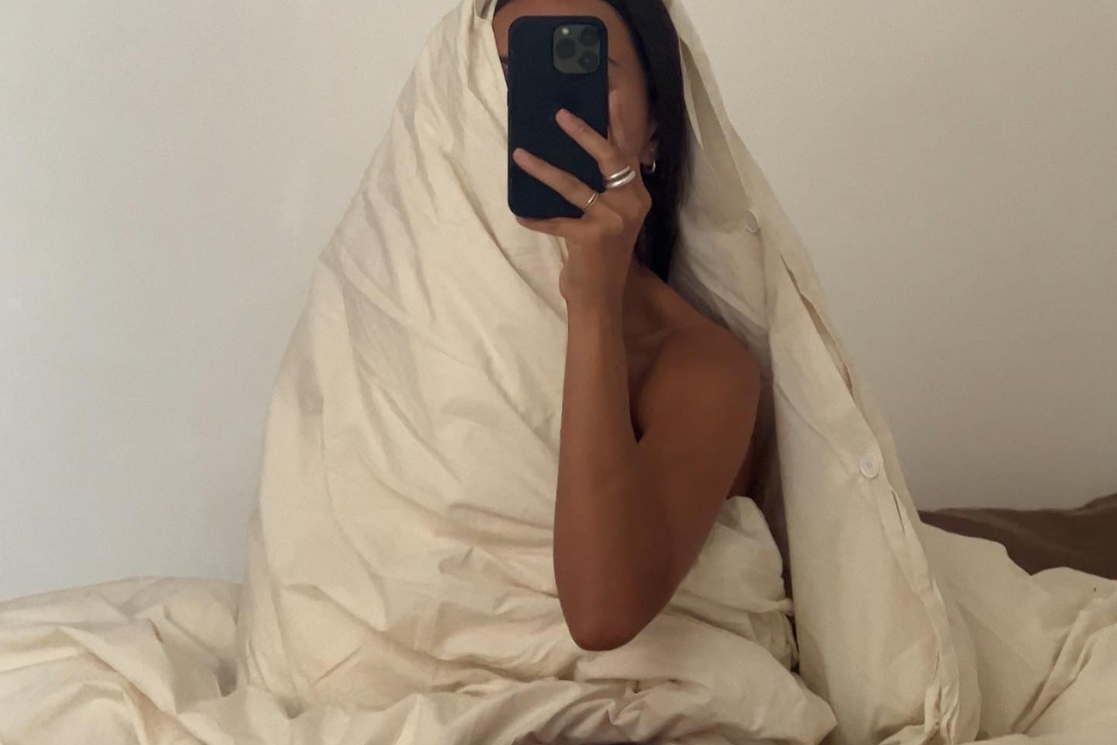
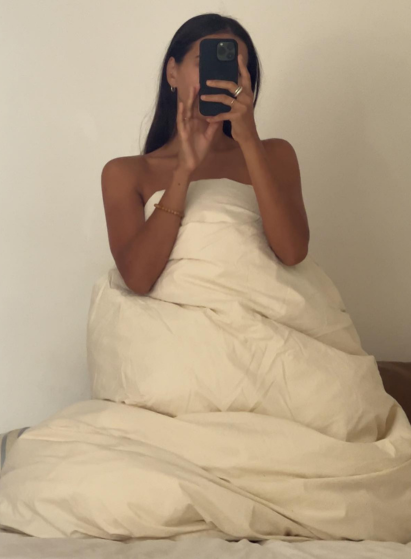

Beth has had trouble sleeping since before she can remember.
“I’ve been told stories about when I used to wake up really early in the morning – around 4 or 5am – but my first memories begin from when I was five years old. I would struggle to go to bed because I would be constantly getting up to check things or I’d worry about stuff.”
Now 34, Beth considers herself an insomniac. “There’s no such thing as an average night for me. I could sleep for no hours, two hours, four hours… If I’ve had five hours of sleep, I’m onto a winner.”
Having struggled to drift off her entire life, Beth can function on next to nothing. “I’ve completely accepted that not every night of sleep will be a good one and that’s helped a lot. In some ways, I think insomnia is my superpower because I get so much done in one day.”
However, there are side effects. “I think it’s given me very poor short-term memory and quite an erratic mind. Socially, my insomnia stops me from doing a lot of things – especially staying out late – because I want to protect the hours I could be asleep.”
Beth isn’t the only one tossing and turning. As a society, we’ve become borderline obsessed with sleep – talking about it, daydreaming about it, wondering how much she’s getting… Increasingly, beauty brands market their products as the perfect antidote to a sub-par night of sleep. Some of these creams really do de-puff and brighten the under-eye area (look for one with a cooling applicator – anyway, that’s not the point) but imagine if you already felt spritely and well-rested in the first place.
For anyone who hasn’t experienced a bout of insomnia, it’s hard to describe the lonely hours of staring at the ceiling, desperately hoping for sleep to come. Like a mirage in the distance, the more you want it, the harder it is to grasp.
The Science Of Sleep
Is it even worth pursuing that ever-elusive eight hours of shut-eye? According to sleep expert Olivia Arezzolo, yes, it is. Sleep affects everything, she explains: “It restores all of your bodily systems: your hormonal system, endocrine and nervous systems.”
“When you’re low on sleep, you have a hyperactivation of your sympathetic nervous system, and this is what makes you feel anxious, wired and awake,” Arezzolo continues. “Cortisol [the stress hormone] rises about 38 per cent when you are sleep-deprived – and that’s just from one night.”
“In terms of cognitive health, when you’re sleep-deprived, you have an impairment to your frontal lobe – the area of your brain responsible for concentration, decision making, judgement and motivation. This is why you don’t have the get up and go that you usually do.”
They call it ‘beauty sleep’ for a reason. It doubles as nature’s anti-inflammatory – when we’re not getting enough of it, inflammation and swelling can show up in the form of dark circles. Poor sleep also decreases the blood flow to your face and slows collagen production, making skin appear dull.
Am I An Insomniac?
According to the Sleep Foundation, chronic insomnia is defined as having trouble getting to sleep or staying asleep more than three nights a week for at least three months, Whereas acute insomnia is brief and brought on by a stressful event. However, you don’t need to tick the boxes for insomnia to want to improve your quality of sleep.
How Did I Get Here?
A bout of insomnia can be triggered by a number of things from anxiety and depression to obstructive sleep apnea. For Dr Preeya Alexander, The Wholesome Doctor, stress is the most common culprit amongst her patients: “Often, sleep issues are an indicator of something else going on. It might be as simple as poorly managed stress or it could be something like undiagnosed major depression.” Studies have shown that genetics can also play a role.
How Much Sleep Do You Really Need?
Our optimal sleep window varies as we age. Newborns need 14 to 17 hours; teenagers need eight to 10 hours; adults need seven to nine hours; those over 65 need seven to eight hours. A 2016 survey by the Sleep Health Foundation found that most Australian adults came in at the lower end of normal, clocking up an average seven hours per night.
Implement Sleep Hygiene Measures
Let’s talk about hygiene – sleep hygiene, that is. Both Arezzolo and Dr Alexander recommend sleep hygiene as your first port of call. Going through the motions of the same bedtime ritual day in, day out will signify to your brain that sleep is on its way, hours before you actually hit the hay. Arezzolo’s signature seven-step routine [see next page] includes aromatherapy (ideally lavender), setting a ‘goodnight’ alarm and a hot shower. Consistency is key.
Blue light (emitted from all electronic devices – including your computer, phone and iPad) is a big problem. Your circadian rhythm is a 24-hour internal clock that operates in the background of your brain and cycles between sleepiness and wakefulness. (You may know it as your sleep/wake cycle.) While seemingly innocent, blue light can seriously mess with your circadian rhythm. One study found that reading an e-book before bed can delay melatonin (the hormone that makes you sleepy) release by an hour and a half – effectively shifting you into a whole new time zone. Moral of the story? Step away from anything with a screen, post-8pm. Regular books are best.
But Don’t Obsess Over Sleep Hygiene
Sometimes, what’s keeping us up at night is beyond our control. If you’re a new mother, shift worker or in a similar predicament, Dr Alexander recommends implementing sleep hygiene measures where you can – without getting fixated on the details.
Our cultural obsession with perfection has created a whole new sleep disorder: orthosomnia. Not unlike orthorexia (the unhealthy preoccupation with healthy eating) this new term, coined in a 2017 report in the Journal of Clinical Sleep Medicine, is the fixation on having a perfect night’s sleep. Spurred on by sleep apps – such as Sleep Cycle, Sleep Score and Pillow – that allow you to track the length and quality of your slumber, orthosomnia has become an increasing problem. The catch with apps? Researchers found that the more you try to track, control and analyse your sleep, the worse it gets.
Seek Help
Whether you fit the bill for clinical insomnia or not, if your sleep (or lack thereof) feels like a problem, it probably is. Time to call in the professionals; your GP is a good place to start.
Dr Alexander assures us that sleep disorders are “very, very common” and anecdotally speaking, the number of patients seeking assistance at her practice is rising. “Many of my patients thought they had to simply accept their sleep issues but after a discussion, realised that there is a lot that can be done.”


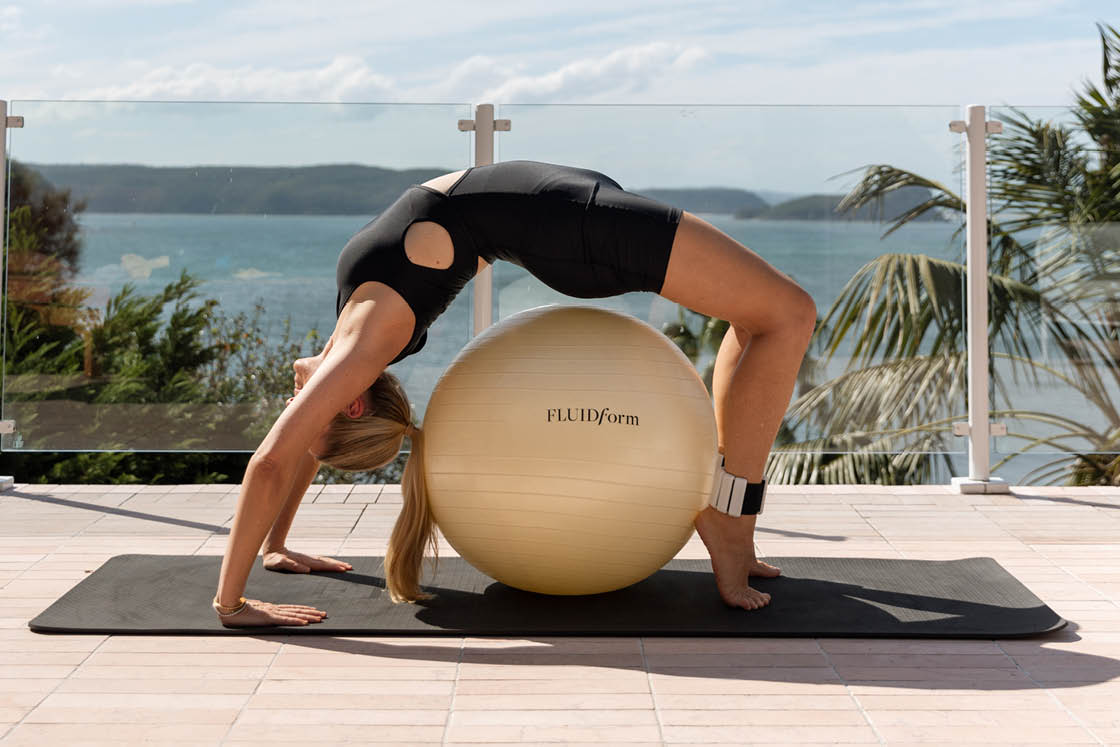

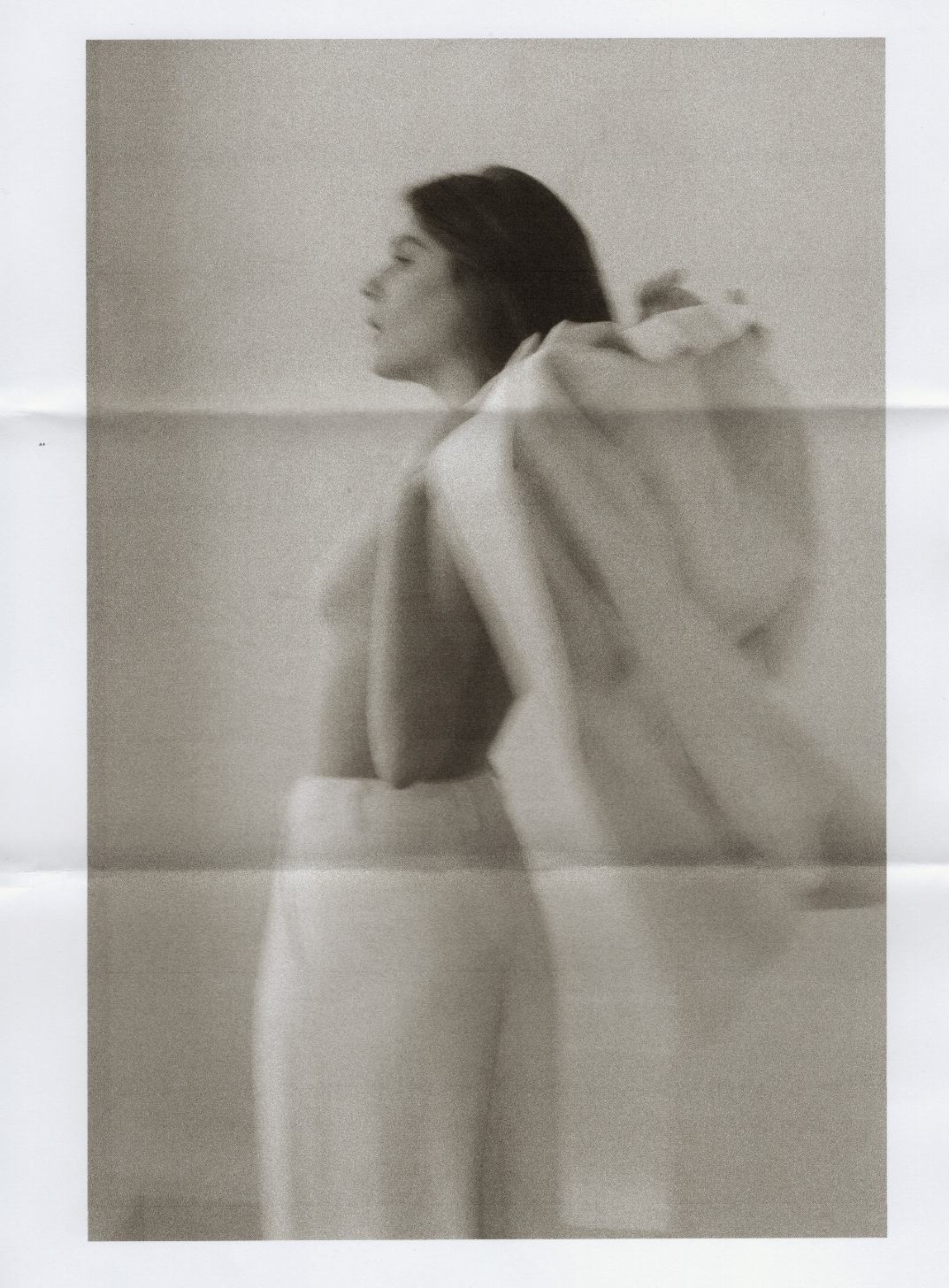
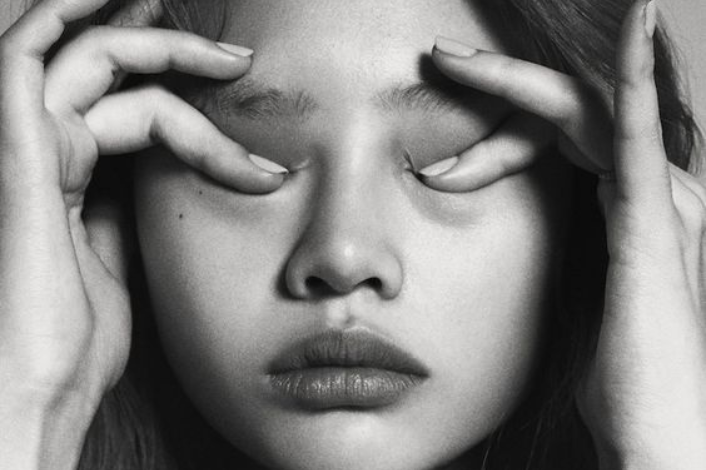
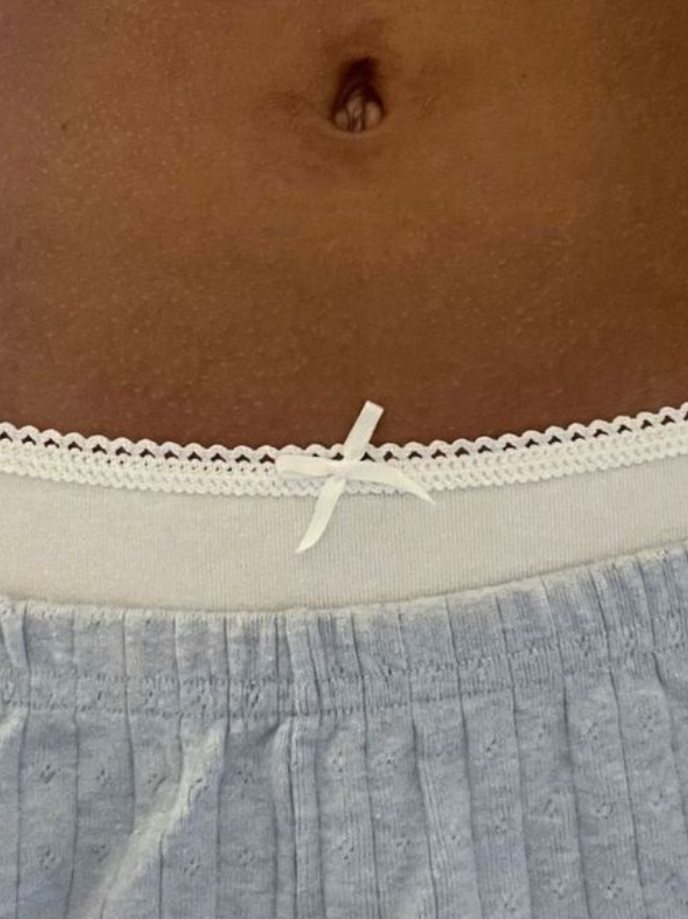
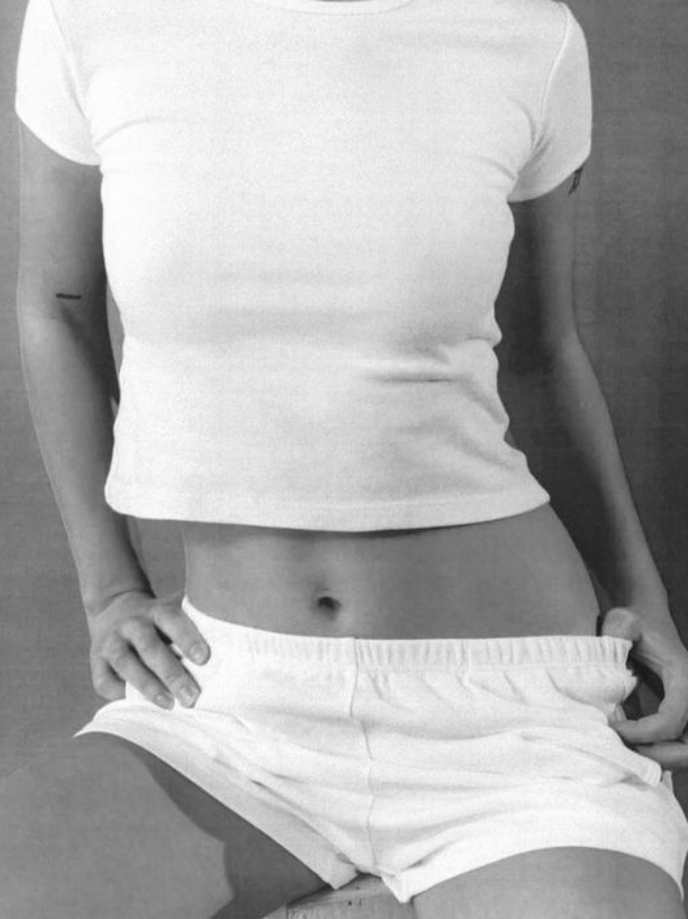
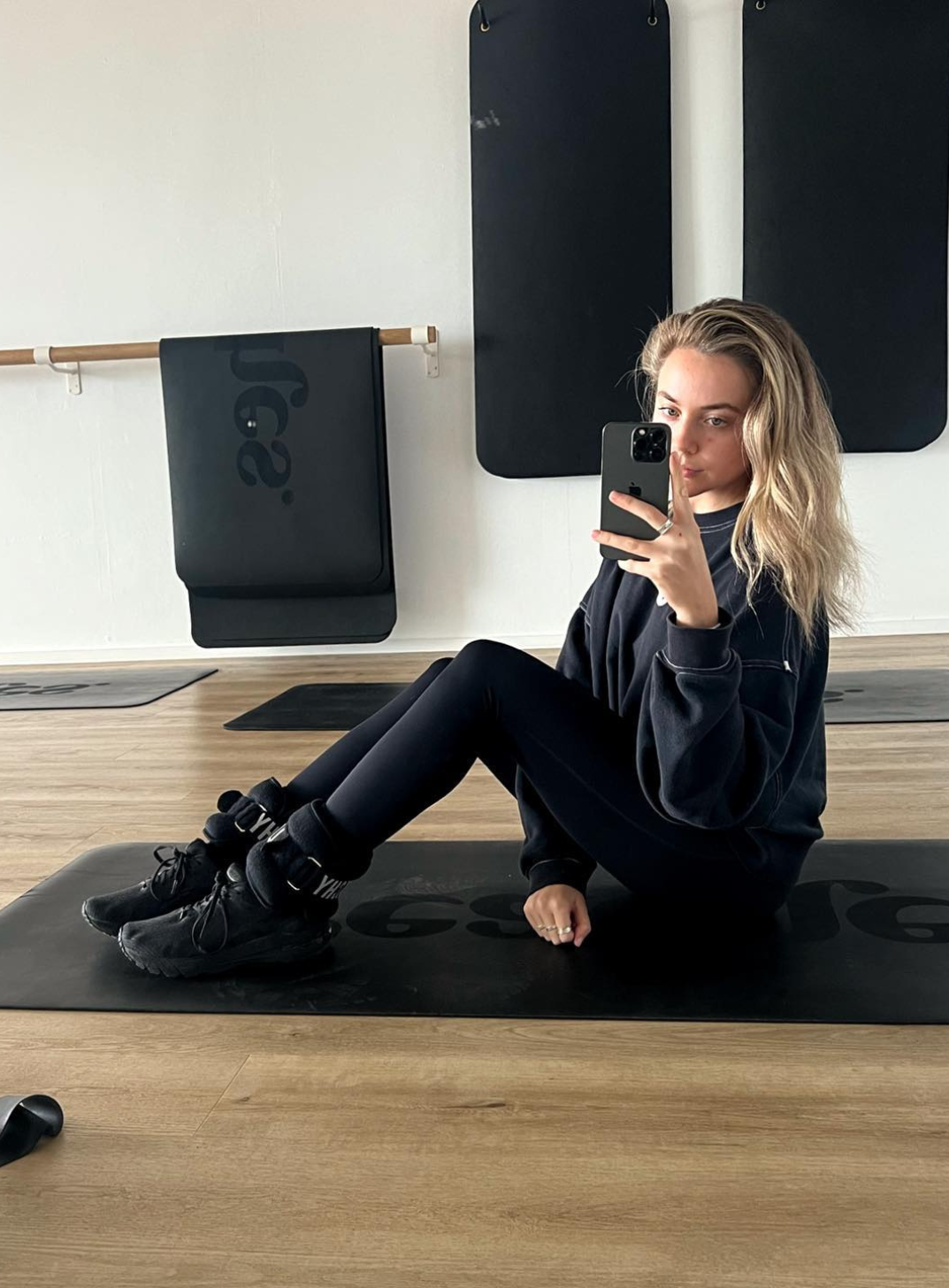
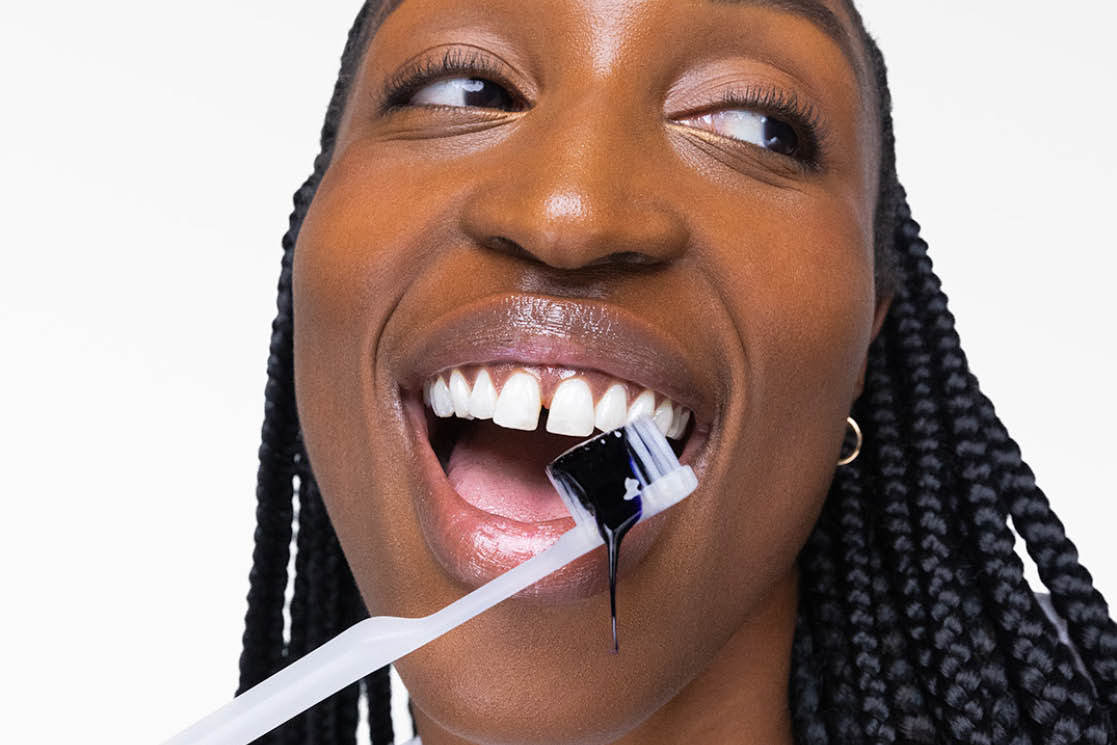
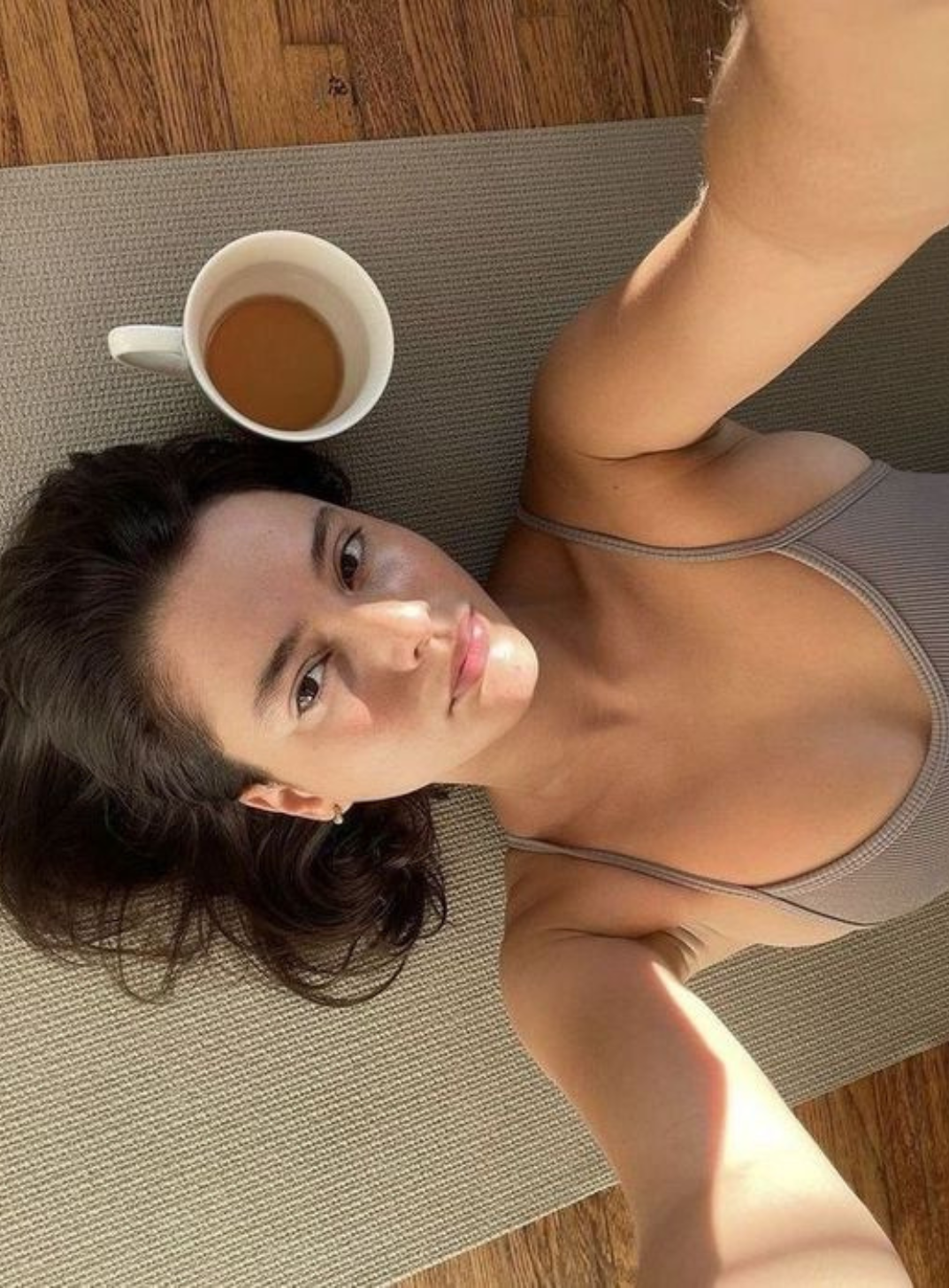
Comments